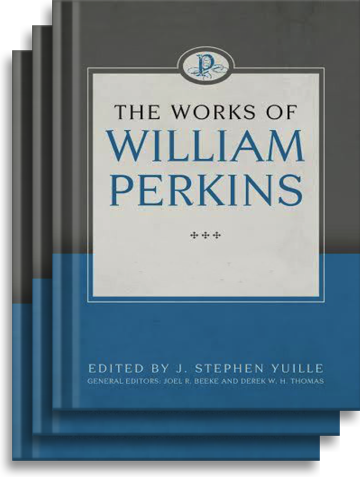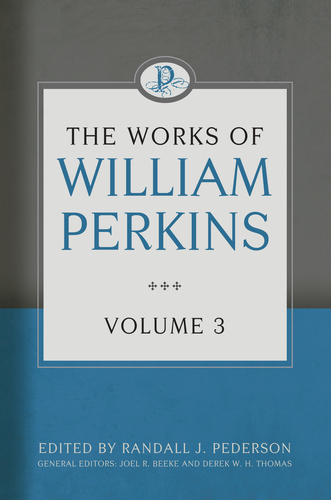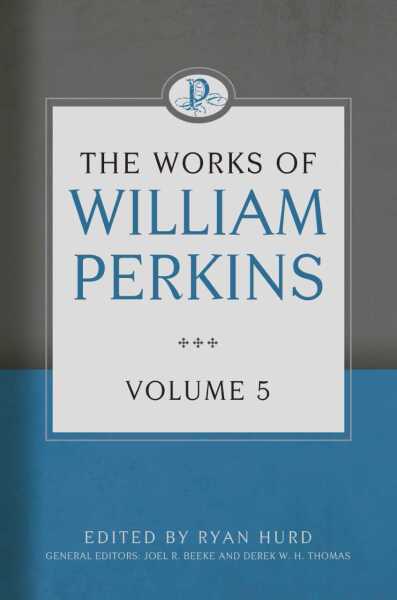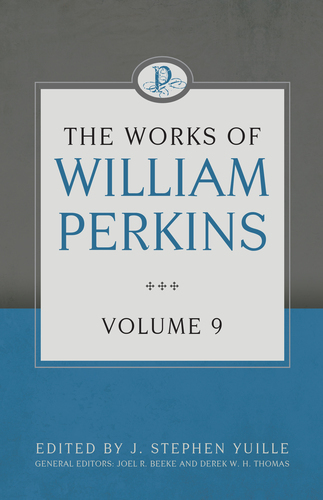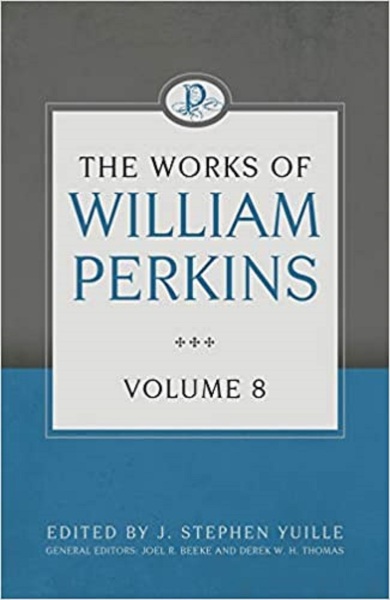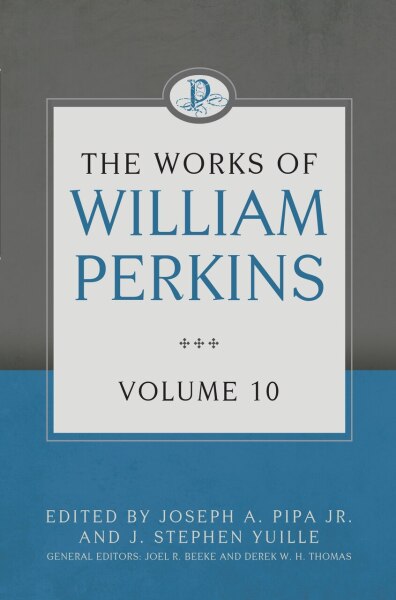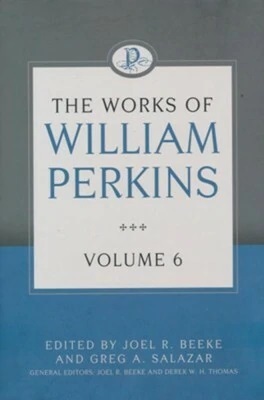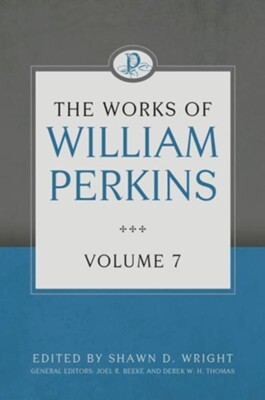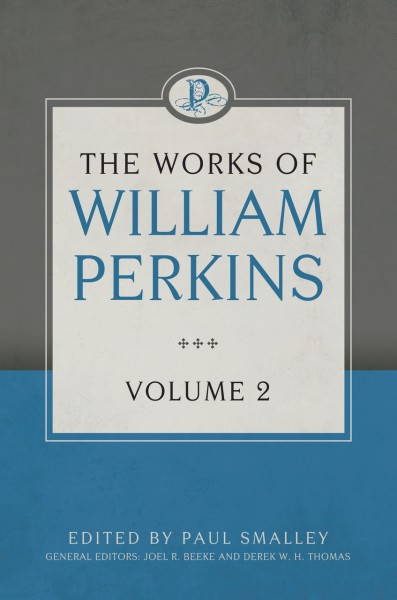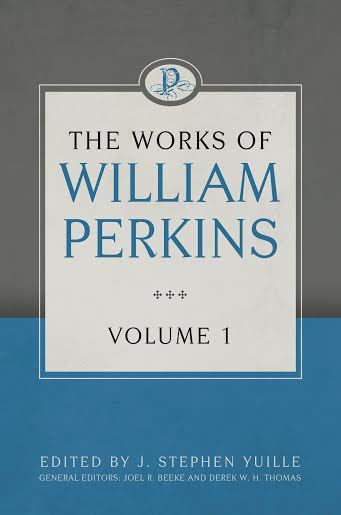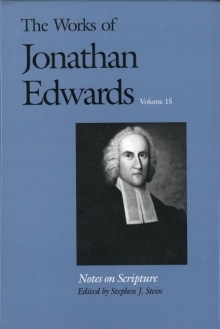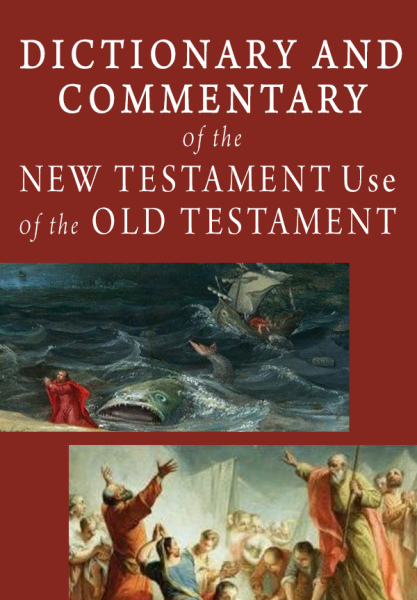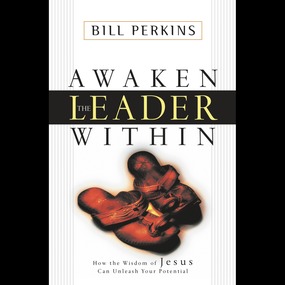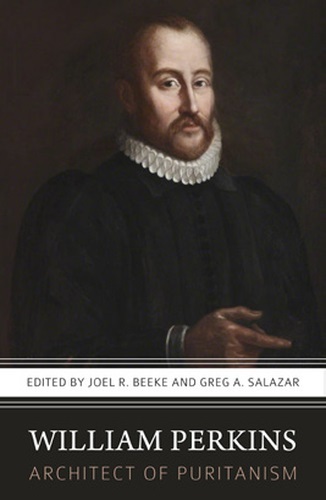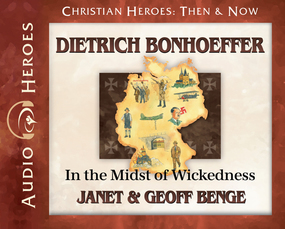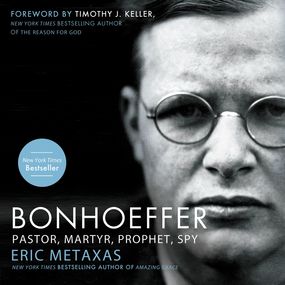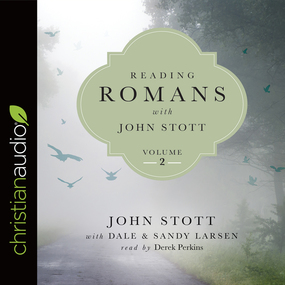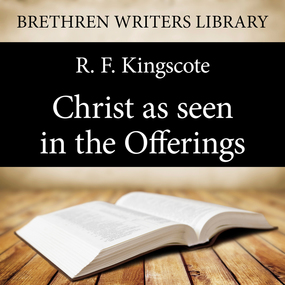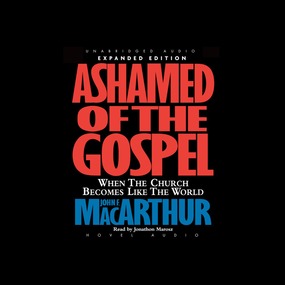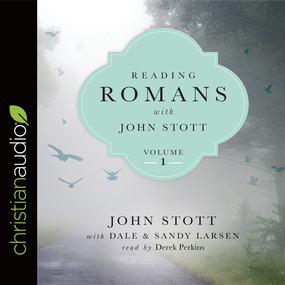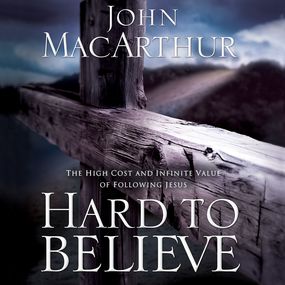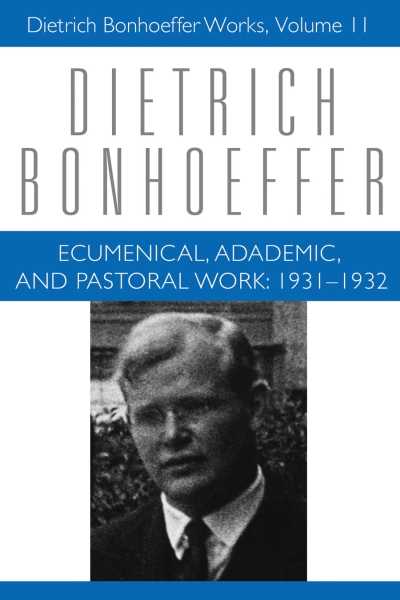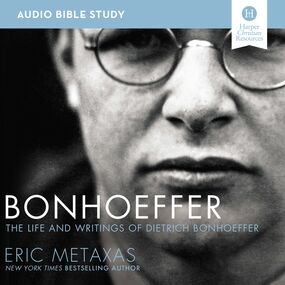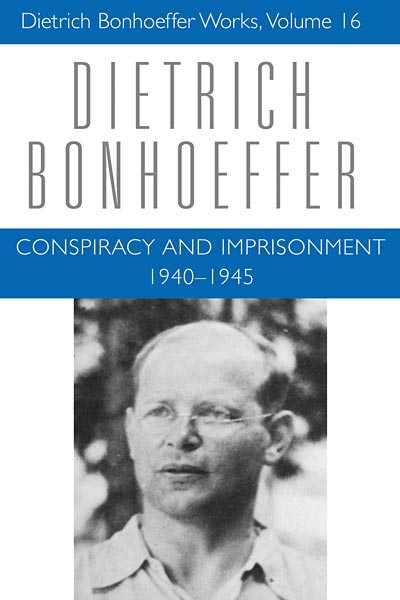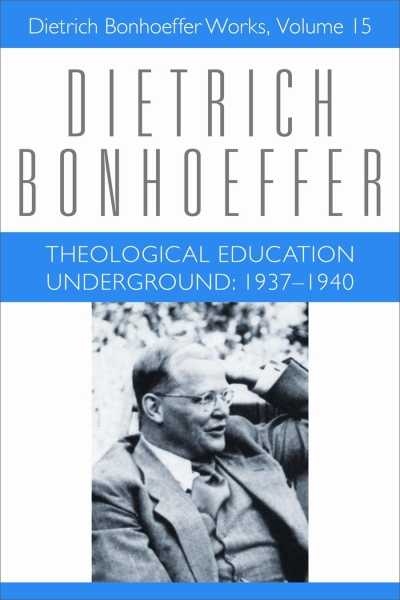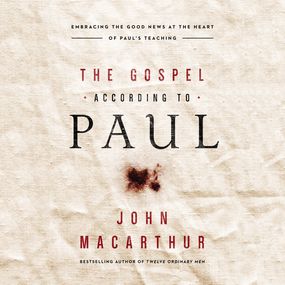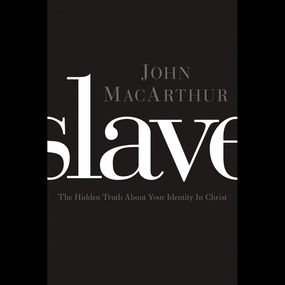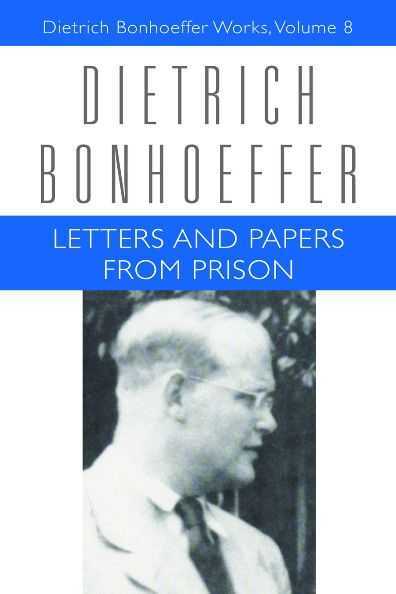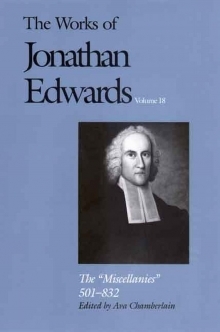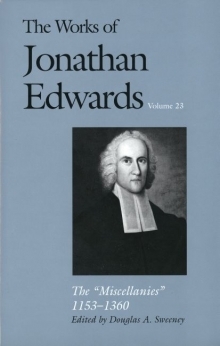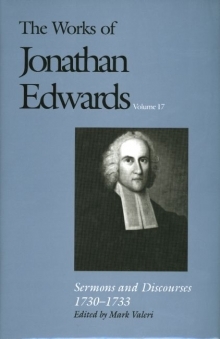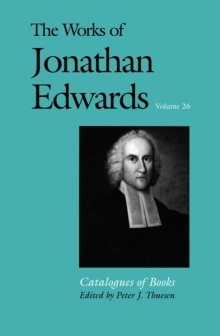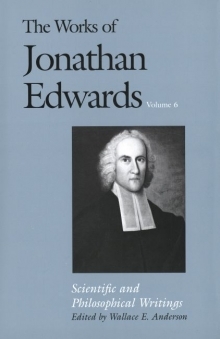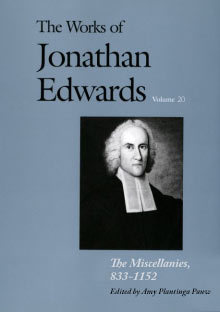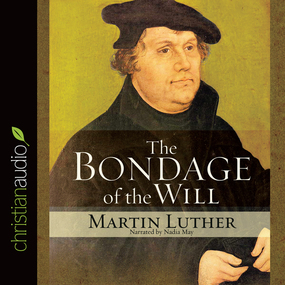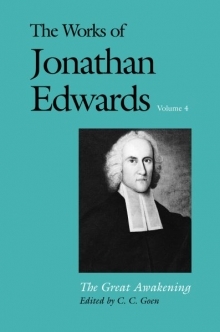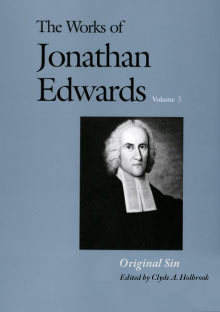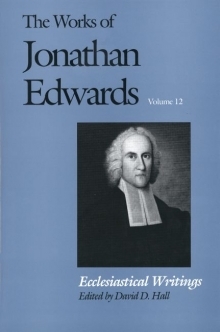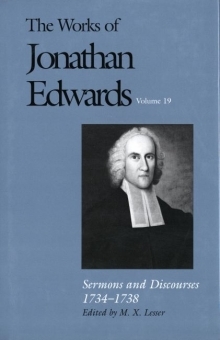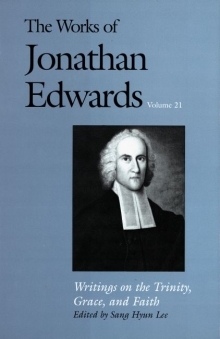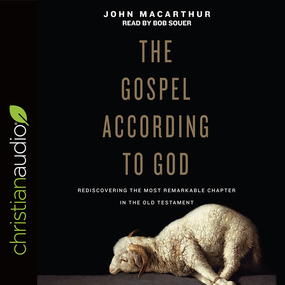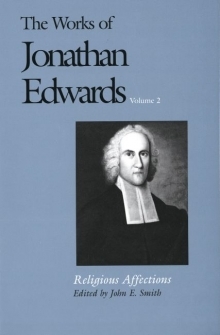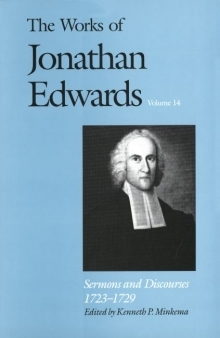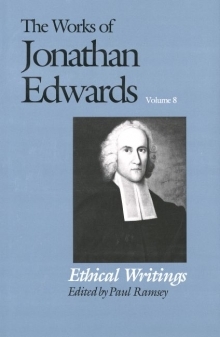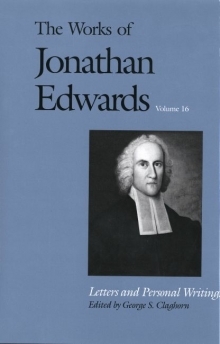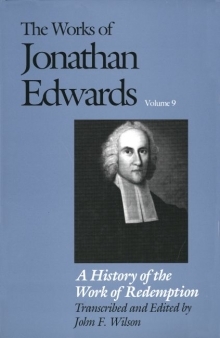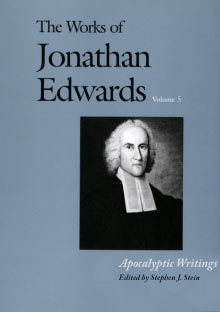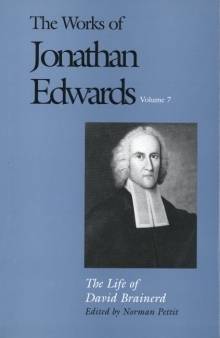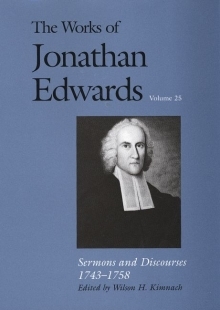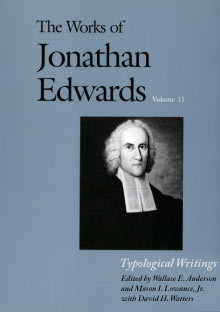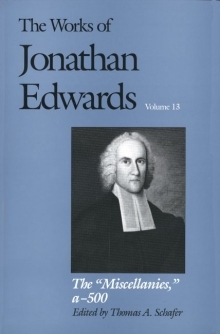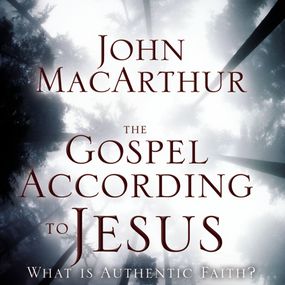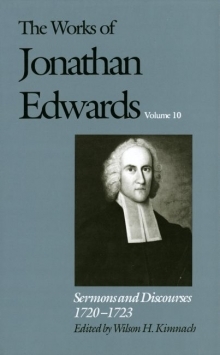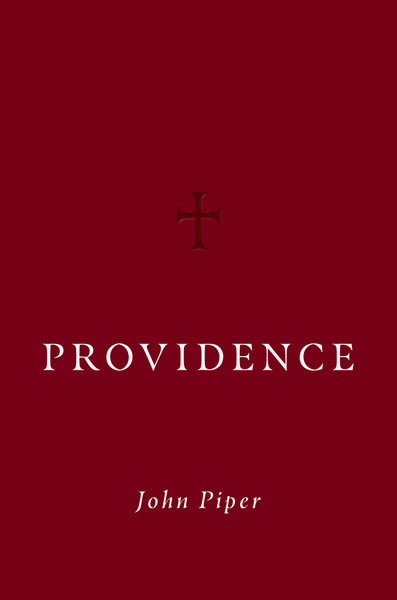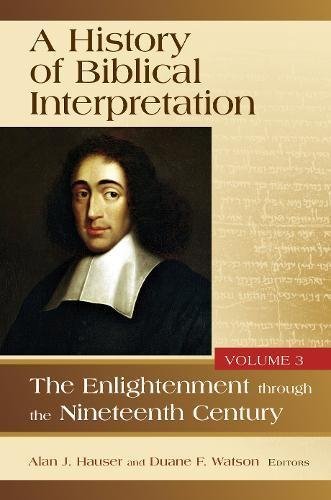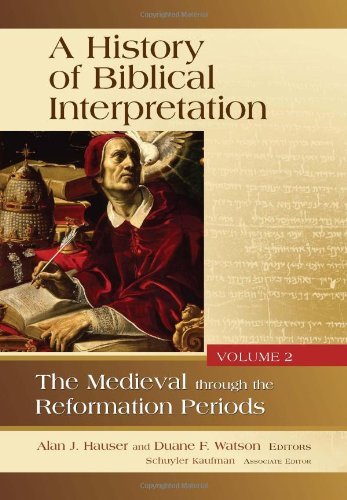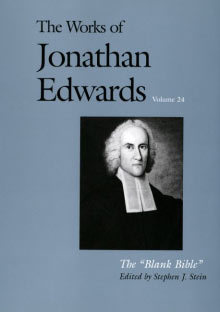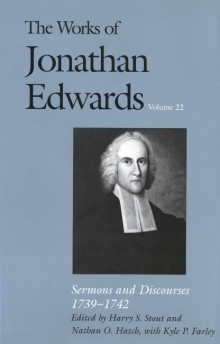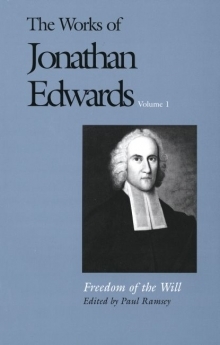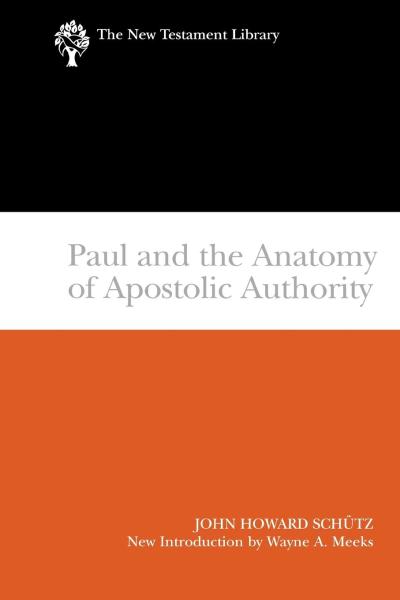

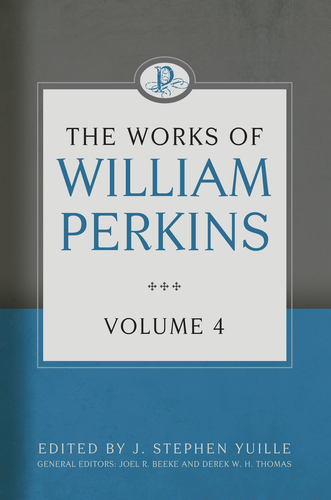
Works of William Perkins, Vol. 4

Works of William Perkins, Vol. 4
This fourth volume contains two treatises of biblical exposition.
The first treatise is A Godly and Learned Exposition upon the Whole Epistle of Jude . Finding the purpose of Jude s letter in verse 3, Perkins calls for all Christians to persevere in professing the gospel by taking heed of false teachers and deceivers, who seek to infiltrate the church. While many of his points of application reflect a context peculiar to the Elizabethan era, his insights into what it means to 'contend for the faith' still prove applicable today.
The second treatise is A Godly and Learned Exposition or Commentary upon the Three First Chapters of Revelation, giving careful consideration of the seven letters to the seven churches of Asia. Perkins highlights the person of Christ and His significance to the church, focuses on what Christ approves and rebukes about the condition of the church, and emphasizes Christ's bounty and humanity's duty. Troubled by the prevalence of those who accept empty profession as conversion and dead formality as godliness, Perkins urges his audience to move beyond mere intellectual assent to heartfelt dedication to Christ.
The Works of William Perkins fills a major gap in Reformed and Puritan theology. Though Perkins is best known today for his writings on predestination, he also wrote prolifically on many subjects. His works filled over two thousand large pages of small print in three folio volumes and were reprinted several times in the decades after his death. However, his complete works have not been in print since the mid-seventeenth century. This edition of the Works includes four volumes of Perkins’s expositions of Scripture, three volumes of his doctrinal and polemical treatises, and three volumes of his practical writings.
“On the broad shoulders of William Perkins, epoch-making pioneer, stood the entire school of seventeenth-century Puritan pastors and divines, yet the Puritan reprint industry has steadily bypassed him. Now, however, he begins to reappear, admirably edited, and at last this yawning gap is being filled. Profound thanks to the publisher and heartfelt praise to God have become due.” — J. I. Packer, Board of Governors’ Professor of Theology, Regent College, Vancouver, British Columbia
William Perkins (1558–1602) earned a bachelor’s degree in 1581 and a master’s degree in 1584 from Christ’s College in Cambridge. During those student years he joined up with Laurence Chaderton, who became his personal tutor and lifelong friend. Perkins and Chaderton met with Richard Greenham, Richard Rogers, and others in a spiritual brotherhood at Cambridge that espoused Puritan convictions.
From 1584 until his death, Perkins served as lecturer, or preacher, at Great St. Andrew’s Church, Cambridge, a most influential pulpit across the street from Christ’s College. He also served as a teaching fellow at Christ’s College, catechized students at Corpus Christi College on Thursday afternoons, and worked as a spiritual counselor on Sunday afternoons. In these roles Perkins influenced a generation of young students, including Richard Sibbes, John Cotton, John Preston, and William Ames. Thomas Goodwin wrote that when he entered Cambridge, six of his instructors who had sat under Perkins were still passing on his teaching. Ten years after Perkins’s death, Cambridge was still “filled with the discourse of the power of Mr. William Perkins’ ministry,” Goodwin said.
Perkins’s influence as a theologian continued unabated after his death. This was due in large part to the widespread popularity of his writings. His writings were translated into several European languages and greatly influenced British and American Reformed theology, the Dutch Further Reformation, and European Pietism.
